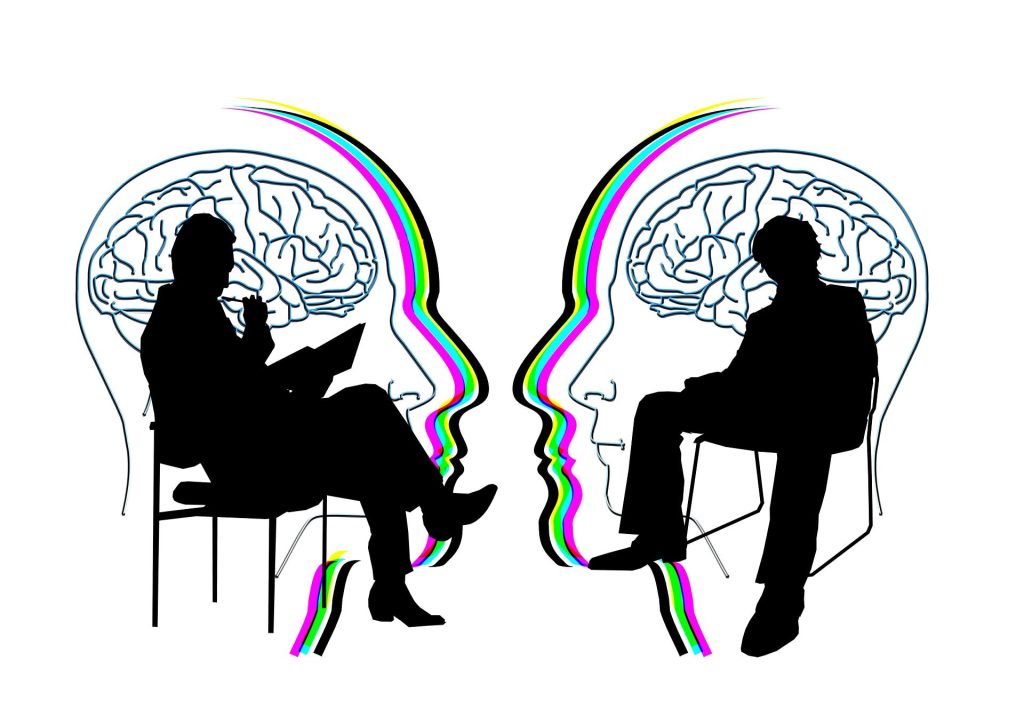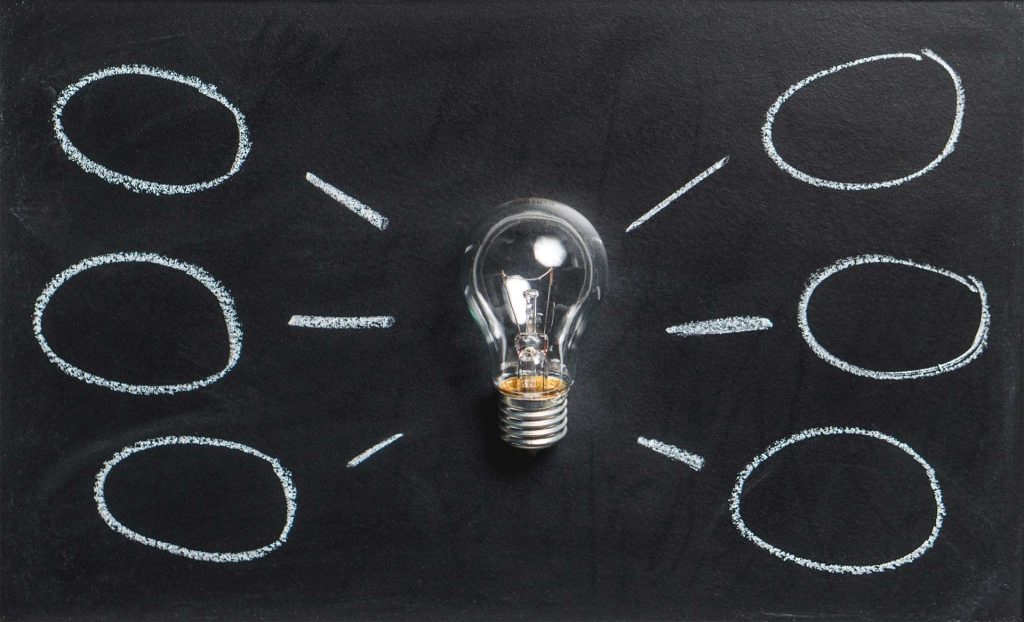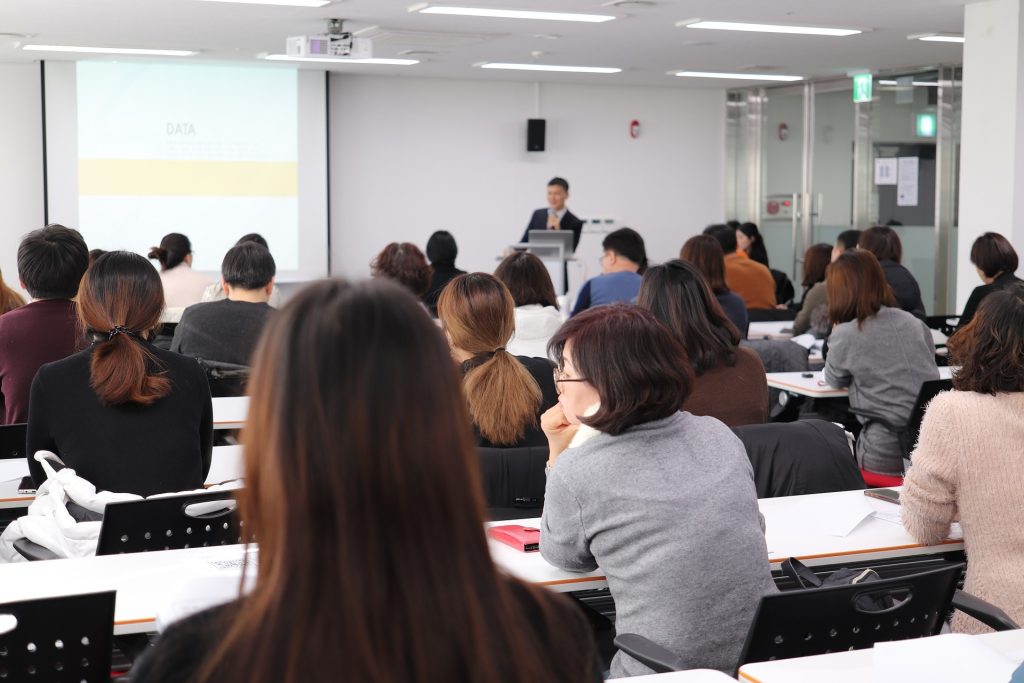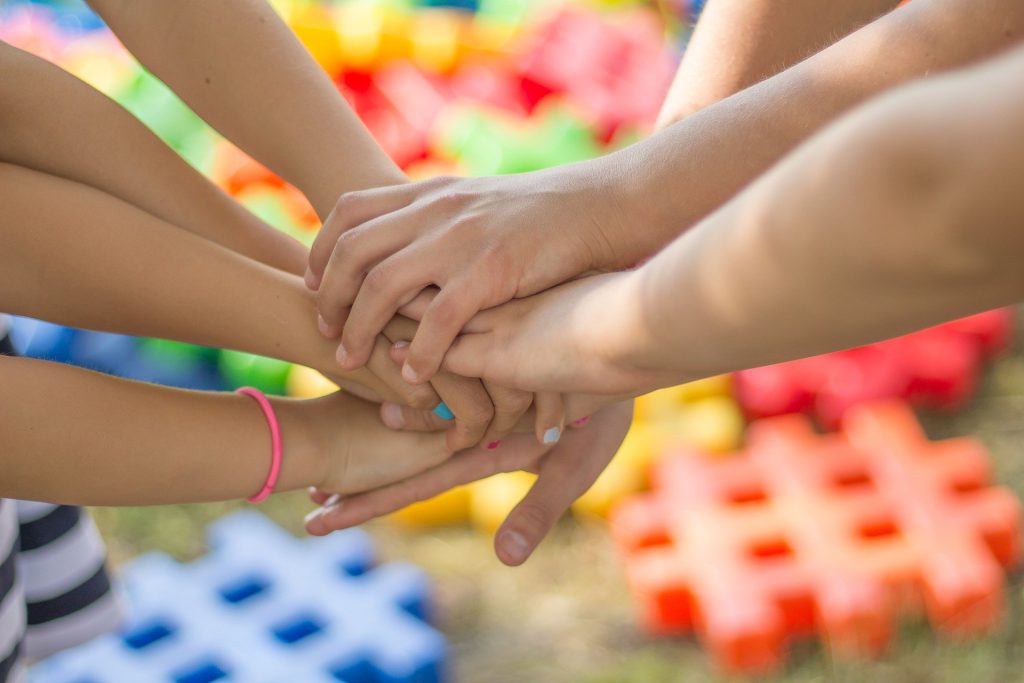Services
With these different services I can express my way of being a psychotherapist and satisfy different needs presented in my clients/patients.

Psychotherapy: The ability to “be in a relationship”
The main goal of psychotherapy is certainly to increase awareness of how our mind works. A greater awareness will correspond to a greater ability to manage the different mental dynamics that lead us to a situation of malaise.
Let’s see what differences there may be in working at different levels (individual, couple, family, group) and with different age groups (child, adult).

Hypnosis: dialoguing at different levels of the mind
Hypnosis is a psycho-physiological state in which we see the heightening of concentration with a maximum focus on what is of interest to us. Everything that is collateral to the focus, loses importance.
Reaching a state of hypnosis gives extreme relief to a person in the first place, then the areas of intervention become varied once we are able to go into depth.

EMDR: towards the creation of connections
EMDR is a “structured” psychotherapeutic method, i.e. it follows a protocol in a highly rigid way compared to what could be a classic Gestaltic interview. It is used for the treatment of traumatic events and therefore their elaboration, but also for more daily and equally stressful experiences.
Let’s briefly define what a trauma is so that you can better understand what it does and doesn’t. Trauma is something that breaks the usual way of living and seeing the way. Clearly the impact is negative and the mind, and as if it were stuck, cannot move forward, just think and rethink about the event.
This definition comprises two main types of trauma, so called small “t” traumas and traumas of capital “T” identity. The first “t” corresponds to subjectively disturbing events that are characterized by a perception of danger not particularly understood. The second “t” are all those events that lead to death or threaten the physical integrity of oneself or others.

Psychodiagnosis: the use of additional magnifying glasses
Psychodiagnosis is a process that leads to the definition of what the mental functioning of the person and a possible diagnostic picture is. The most important aspect to define, is how it is used in my clinical practice, and that at any time that I am in relation with a patient/client, a part of my head makes and updates that possible diagnosis/diagnoses. This is because turning off the mental part of the therapist who thinks about the diagnosis, reducing it to a label to be maintained over time, corresponds to an overall loss of the patient/client dynamics.

Supervisions: a mirror to observe the hidden
This area is addressed to colleagues, professional figures, closely related to the relationship with the other, organizations working in the field of welfare, who mature the need for an external clinical eye, able to read what may be the dysfunctional dynamics that have been generated both in the vis a vis relationship and in the broader working group.
Those who work in close contact with the other know very well, that there are many dynamics that can get out of hand on a relational level and it becomes fundamental in these occasions to have an external mirror that can send back important feedback.

Training
Creating moments of training is of fundamental importance for me, in order to share what has been developed and established in my daily clinical practice. The courses proposed, reflect the main themes/dynamics that psychology proposes, clearly seen and read in a purely clinical perspective. You will find the courses structured in different ways “in the classroom and online”.

Experiential Groups: a delicate approach to immerse yourself in emotions
The “experiential” group meetings are designed to address specific issues and include them in moments of group sharing where participants can take the opportunity to do “individual work” on themselves. What is called “individual work”, is nothing more than spaces in which participants decide to get involved by dealing with personal issues, clearly related to what emerged during the meeting. That way each participant has the possibility to explore specific themes and work on them in a different atmosphere from what would be the individual interview.
